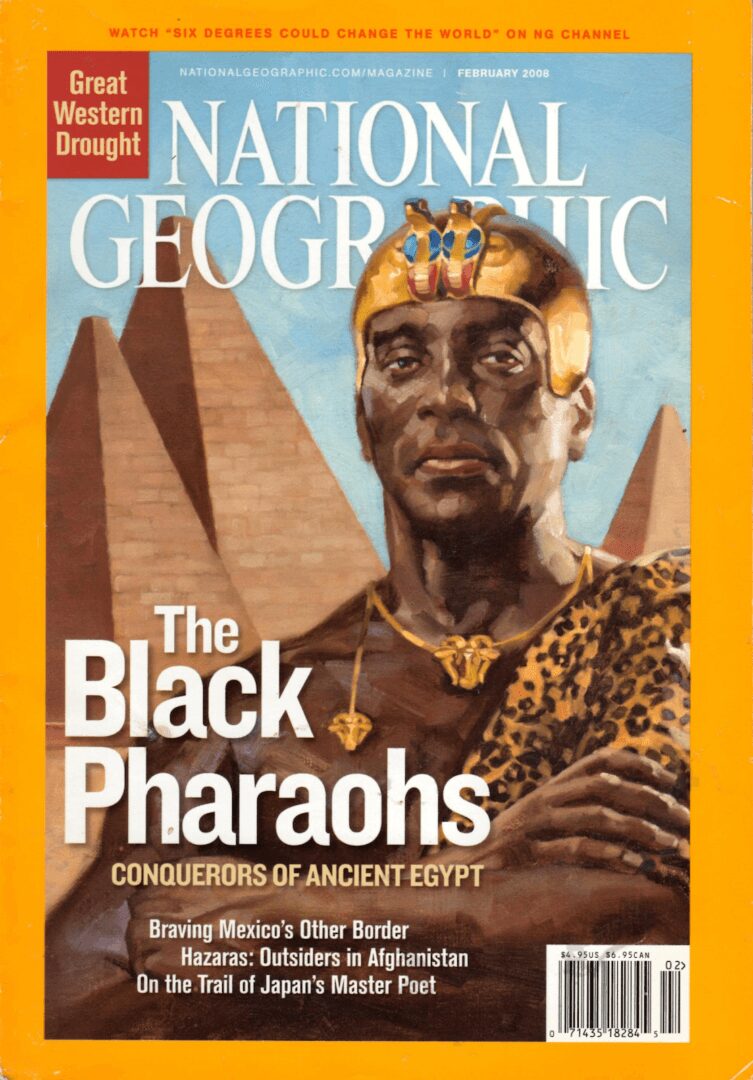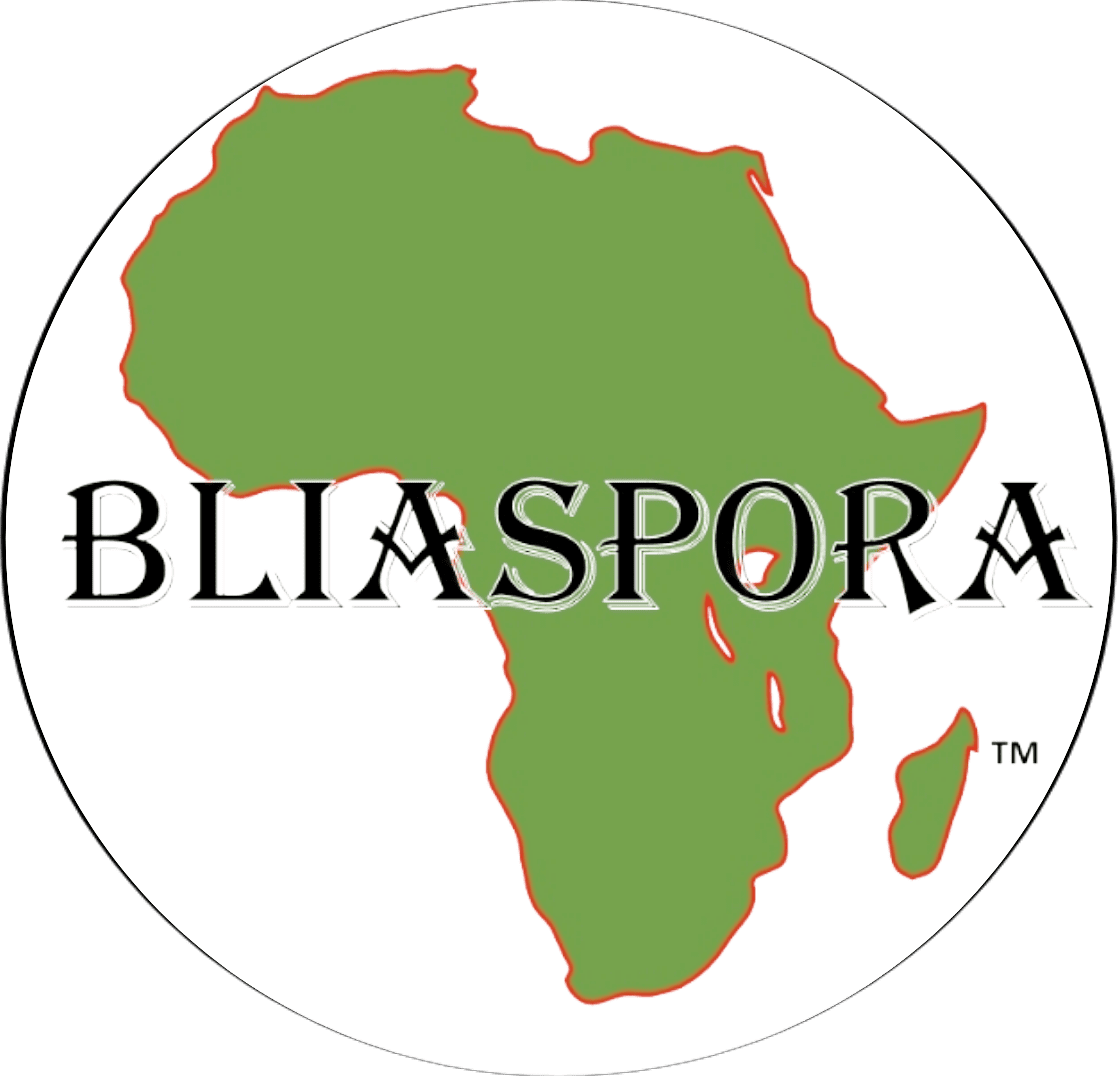Deepen Your Understanding of Black People Bliaspora®
Highlighting Black Histories, Civilizations, and Cultures

Black 360° Five® is like Pan Africanism, which celebrates and recognizes the various nationalities and cultures within the black community 365 days a year.
Educating People Beyond Black History Month
Bliaspora® in Chicago, Illinois is an information hub that highlights other parts of Black history, apart from civil rights and slavery in the African-American communities. We do this to celebrate and recognize the different nationalities and cultures within the Black community year around
Topics We Discuss
Bliaspora
This is the dispersion of Black people from Africa throughout the world. There are many reasons Africans migrated away from their home, whether it is through the Arab and Transatlantic slave trades or voluntary migration.
The Narrative of Blacks
Every year, Black History Month discusses civil rights and slavery in African-American communities. However, not all African narratives are the same. The stories of Afro-Caribbeans, Africans, and Afro-Latinos, who are also an important part of African American history, must also be remembered.
Accomplishments Denied
Throughout history, the contributions of men such as Stokely Carmichael, Marcus Garvey, and Barack Obama are mentioned, but they are simply labeled Afro-American instead of Afro-Caribbean or African. People can fit into multiple categories, as the aforementioned men are of African descent.
Unfortunately, the accomplishments of people who are of African descent have been denied because of racism or Eurocentric view. Two examples are Ancient Egyptians being depicted as white in movies as well as Jesus Christ being white with straight hair.
The Doll Test
Denying the African people’s history along with Eurocentric views can have an effect on a person’s self-esteem. This is seen in “The Doll Test,” an experiment conducted by Doctors Kenneth and Mamie Clark. It involved using four dolls with different skin colors to test the racial perceptions of children.
African Civilizations
To better understand the differences in culture among African people, discussions about pre-slavery and the Colonization of Africa must be heard.
Slave Trade
Afro-American's
African Americans and the Black Immigrant population greatly contributed to the fabric and culture of the United States.
Afro-Caribbean's
Descendants of the Transatlantic Slave Trade, like African American's, Afro-Caribbean's are vibrant in culture and pride.
Afro Latino's
In Central and South America, the majority of the nations speak Spanish. With the exception of Belize and Brazil the Spanish Speaking Black populace, Afro-Latino's, contributed immensely to Hispanic culture and heritage.
Berlin Conference and The Colonization of Africa
The Berlin Conference was the beginning of the European Nations exploiting the continent of Africa, that the ramifications are still seen today.
Post Colonized Africa
Modern day Africa in all of its glory, where numerous Sub-Saharan African nations will be mentioned.
Pan African Revolts and Movements (PDF)
S.T.E.M.
The innovation of Black thought and excellence by the one's changing perceptions of what Blacks can accomplish.
Culture
From Salsa to Hip-Hop the genres of music Blacks created is tremendous
